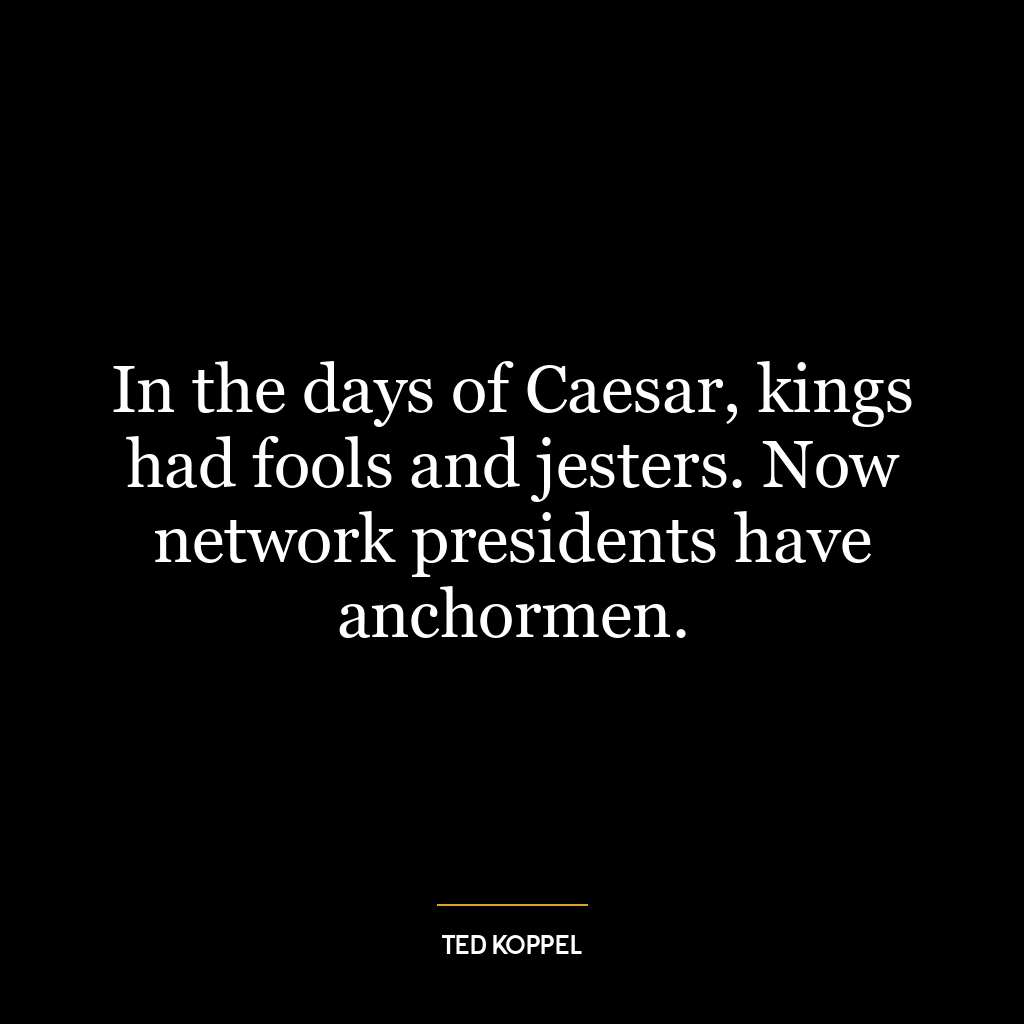Roger L’Estrange Quotes
- Journalist
- England
- 1616
Roger L’Estrange was a prominent English author, journalist, and pamphleteer during the 17th century. He is best known for his political writings and translations, which were highly influential during his time. L’Estrange was a staunch supporter of the monarchy and often used his writing…Read More
Roger L’Estrange was a prominent English author, journalist, and pamphleteer during the 17th century. He is best known for his political writings and translations, which were highly influential during his time. L’Estrange was a staunch supporter of the monarchy and often used his writings to defend the Crown and criticize its opponents.One of L’Estrange’s most notable works is his translation of Aesop’s Fables, which became a popular and enduring classic. He also wrote several political pamphlets, including “The Observator” and “The Monitor,” which were widely read and helped shape public opinion.L’Estrange’s loyalty to the monarchy earned him a position as the official licenser of the press, where he was responsible for censoring and regulating publications. This role brought him both praise and criticism, as he was seen as a defender of the government’s control over the press.Overall, Roger L’Estrange was a prolific writer and influential figure in English literature and politics. His works continue to be studied and appreciated for their wit, satire, and political commentary.Read Less
Roger L’Estrange was a prominent English author, journalist, and pamphleteer during the 17th century. He is best known for his political writings and translations, which were highly influential during his time. L’Estrange was a staunch supporter of the monarchy and often used his writings to defend the Crown and criticize its opponents.One of L’Estrange’s most notable works is his translation of Aesop’s Fables, which became a popular and enduring classic. He also wrote several political pamphlets, including “The Observator” and “The Monitor,” which were widely read and helped shape public opinion.L’Estrange’s loyalty to the monarchy earned him a position as the official licenser of the press, where he was responsible for censoring and regulating publications. This role brought him both praise and criticism, as he was seen as a defender of the government’s control over the press.Overall, Roger L’Estrange was a prolific writer and influential figure in English literature and politics. His works continue to be studied and appreciated for their wit, satire, and political commentary.
17 Interesting Roger L'Estrange Quotes
Roger L’Estrange Career Highlights
- Appointment as Surveyor of the Imprimery and Printing Presses in 1663: L’Estrange’s career in government began when he was appointed by King Charles II to oversee the printing and censorship of books in England. This position gave him significant influence over the dissemination of information and ideas in the country.
- Publication of “The Observator” in 1681: L’Estrange’s most famous work was a weekly newspaper called “The Observator,” which he published from 1681 to 1687. The paper was known for its staunch support of the monarchy and the Church of England, and it played a significant role in shaping public opinion during the turbulent political climate of the time.
- Appointment as High Sheriff of Norfolk in 1685: L’Estrange’s loyalty to the crown was rewarded when he was appointed as the High Sheriff of Norfolk by King James II. This position gave him considerable power and influence in the county, and he used it to suppress dissent and promote royalist ideals.
- Publication of “The History of the Reign of King Charles I” in 1685: L’Estrange’s historical work, “The History of the Reign of King Charles I,” was published in 1685 and was highly praised for its detailed and unbiased account of the events leading up to the English Civil War. It remains a valuable source for historians studying this period.
Key Contributions by Roger L’Estrange
- Defending the Church of England: L’Estrange was a staunch defender of the Church of England and its role in society. He used his writing and political influence to promote the church and suppress dissenting views, earning him the nickname “the Church’s champion.”
- Promoting Royalist Ideals: L’Estrange was a loyal supporter of the monarchy and believed in the divine right of kings. He used his position in government and his newspaper to promote royalist ideals and denounce those who opposed the crown.
- Shaping Public Opinion: L’Estrange’s newspaper, “The Observator,” played a significant role in shaping public opinion during the turbulent political climate of the late 17th century. His writing was influential in swaying public opinion towards the monarchy and the Church of England.
What Sets Roger L’Estrange Apart
- Political Influence: L’Estrange’s position as Surveyor of the Imprimery and Printing Presses and later as High Sheriff of Norfolk gave him significant political influence. He used this power to promote his beliefs and suppress dissent, making him a formidable figure in English politics.
- Prolific Writing Career: L’Estrange was a prolific writer, producing numerous pamphlets, essays, and books throughout his career. His writing was known for its clarity and persuasive arguments, making him one of the most influential writers of his time.
- Controversial Figure: L’Estrange was a controversial figure, known for his uncompromising defense of the monarchy and the Church of England. His actions and writings often sparked controversy and criticism, but he remained steadfast in his beliefs.
Takeaways
- L’Estrange’s career highlights and key contributions demonstrate his unwavering loyalty to the monarchy and the Church of England. He used his political influence and writing skills to promote these institutions and suppress dissent.
- His position as Surveyor of the Imprimery and Printing Presses gave him significant control over the dissemination of information, making him a powerful figure in English politics.
- L’Estrange’s writing was influential in shaping public opinion and promoting royalist ideals. His historical work, “The History of the Reign of King Charles I,” remains a valuable source for historians studying this period.
- Despite being a controversial figure, L’Estrange’s contributions to English politics and literature cannot be denied. He remains a significant figure in the history of the English Civil War and the Glorious Revolution.







